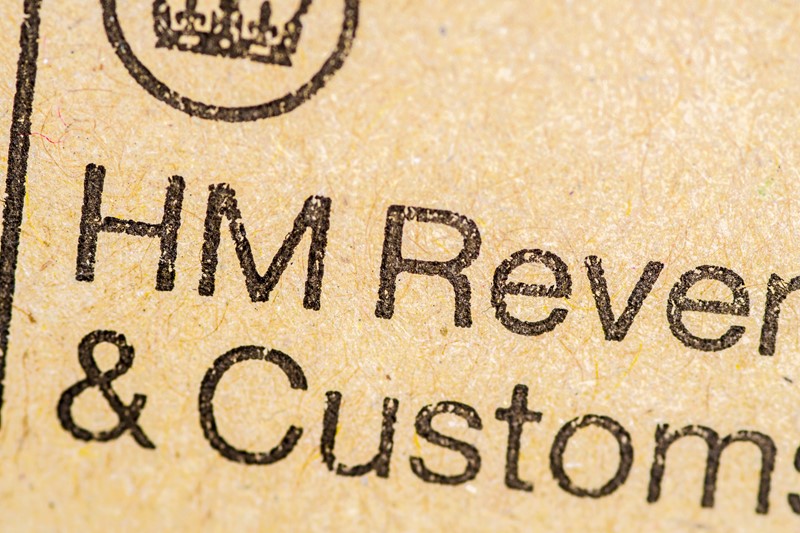UK Income Tax is generally payable on taxable income received by individuals including earnings from employment, earnings from self-employment, pensions income, interest on most savings, dividend income, rental income and trust income. The tax rules for foreign income can be overly complex.
However, as a general rule if you are resident in the UK you will need to pay UK Income Tax on your foreign income, such as:
- wages if you work abroad;
- foreign investments and savings interest;
- rental income on overseas property; and
- income from pensions held overseas.
Foreign income is defined as any income from outside England, Scotland, Wales and Northern Ireland. The Channel Islands and the Isle of Man are classed as foreign.
If you are not UK resident, you do not generally have to pay UK tax on your foreign income. There are special rules if you work both in the UK and abroad.
The rules are even more complicated when addressing the liability to UK Income Tax for non-domiciles spending a substantial amount of time in the UK. There is a concept in the UK of deemed domicile, whereby any person who has been resident in the UK for more than 15 of the previous 20 years will be deemed to be domiciled in the UK for tax purposes.
Other non-doms living in the UK that wish to retain access to the remittance basis of taxation must pay an additional sum in addition to the tax on any income or gains remitted. This sum is known as the Remittance Basis Charge.












